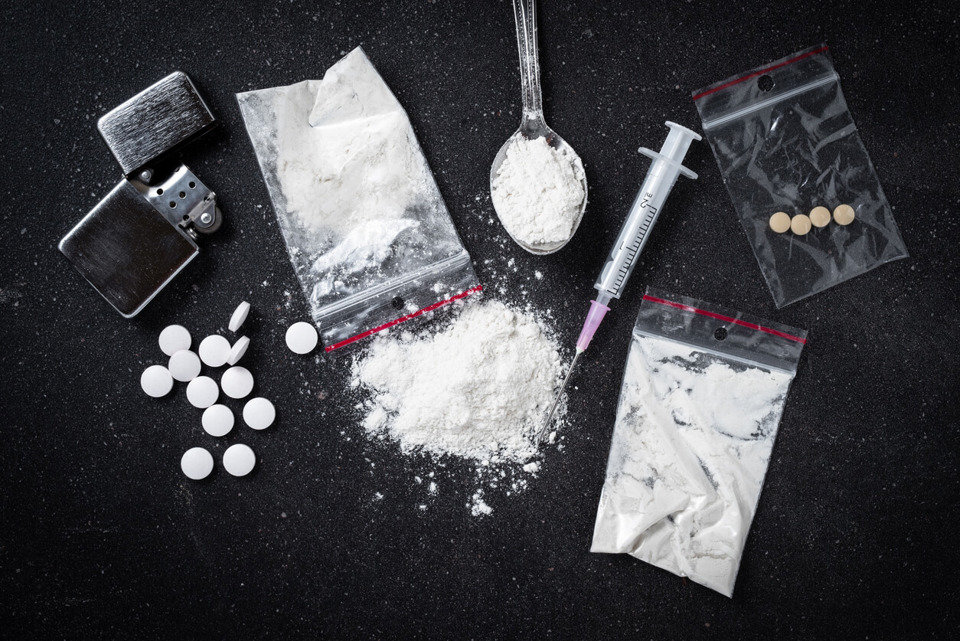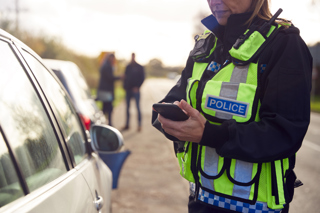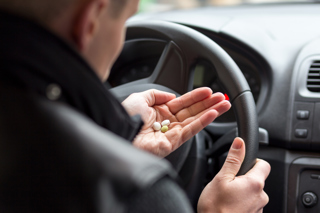One in four respondents to a Fleet News poll say they are in the dark about new drug-driving legislation that comes into force from March 2.
The new law, which is being introduced in England and Wales, sets limits for eight illegal and eight prescription drugs.
Once the legislation is in force, police will be able to take up to three saliva tests at the roadside to identify any drugs used. If any are positive, then the motorist would be taken to a police station for a blood test.
Under the existing offence of being impaired by drugs while driving, police and prosecutors have to show how a driver’s ability had been affected by what they had taken. In the future, they will simply have to show that the individual had taken drugs.
Motorists found guilty will face an automatic driving ban of at least a year, as well as a possible jail term of up to six months and a fine of up to £5,000. Their driving licence will also show they have been convicted for drug driving, which will last for 11 years.
The new measures are intended to reduce the wasted time, expense and effort involved for the police and the courts when prosecutions fail, because of the difficulty of proving that a driver is impaired by a particular drug.
Welcoming the change in the law, Dave Nichols, professional engagement officer for Brake, told Fleet News: “This much-needed progressive move by government will make it easier for police to catch illegal drug-drivers.
“However, it’s worrying that many companies that employ at-work drivers are still unaware of the new legislation and how this could impact their business. Illegal drugs seriously impair your ability to drive safely, making you a risk to yourself and others.
“That’s why it’s important all employers make sure they have the correct policies, training, education and testing in place so drivers fully understand the consequences of drug driving. We’re calling on the Government to run awareness campaigns, leading up to the introduction of the new law in March.”
The Department for Transport’s road safety arm ‘Think!’ began a campaign to raise awareness this month (February) and is promising to ramp up activity as the new law takes effect. It is already encouraging people who take medication, and aren’t sure if they are safe to drive, to check with their pharmacist or doctor.
The eight prescription drugs that are included within the new law are: clonazepam, diazepam, flunitrazepam, lorazepam, oxazepam, temazepam, methadone and morphine.
However, the limits that have been set for these drugs exceed normal prescribed doses, meaning that the vast majority of people can drive as they normally would, as long as they are taking their medicine in accordance with the advice of a healthcare professional and/or as printed in the accompanying leaflet, and their driving is not impaired.
Road safety minister Robert Goodwill said: “We advise anyone who is unsure about the effects of their medication or how the new legislation may affect them, to seek the advice of their doctor or pharmacist.”
There will also be a medical defence if a driver has been taking medication as directed and is found to be over the limit, but not impaired. Drivers who are taking prescribed medication at high doses are being advised to carry evidence with them, such as prescriptions slips, when driving, in order to minimise any inconvenience should they be asked to take a test by the police.
Professor David Taylor, from the Royal Pharmaceutical Society and member of the DfT’s advisory panel on drug driving, concluded: “Don’t stop taking your medicines, prescribed or otherwise, if you are worried about this new law. Instead, talk to your doctor or pharmacist who can give you information about how your medicines might affect your ability to drive.”























Ean Lewin - 25/02/2015 13:32
Well covered Gareth. If any readers want to talk about drug and alcohol screening with the family of devices being used by the police, DrugWipe, then they should contact Dtec. Best regards Ean